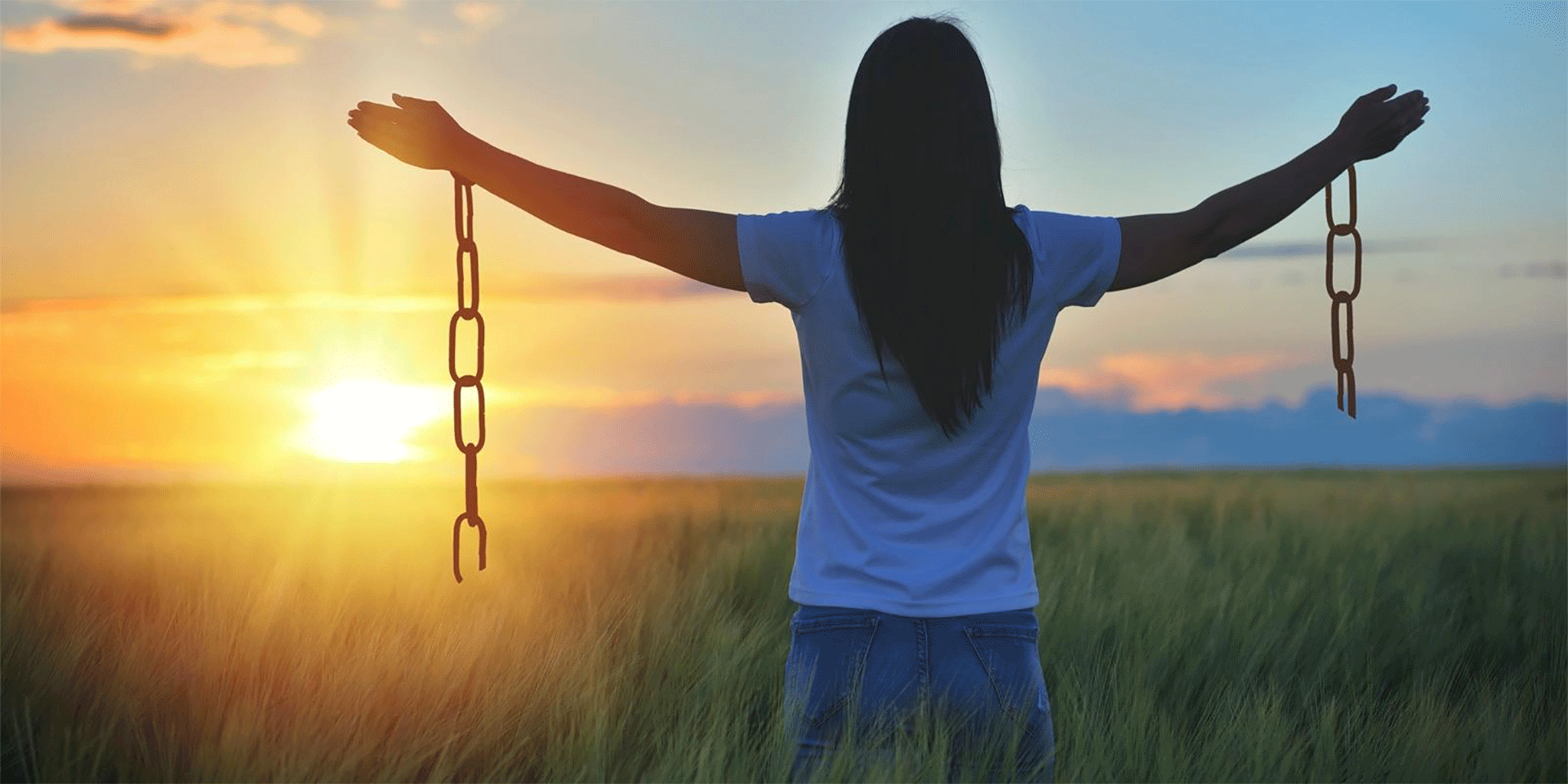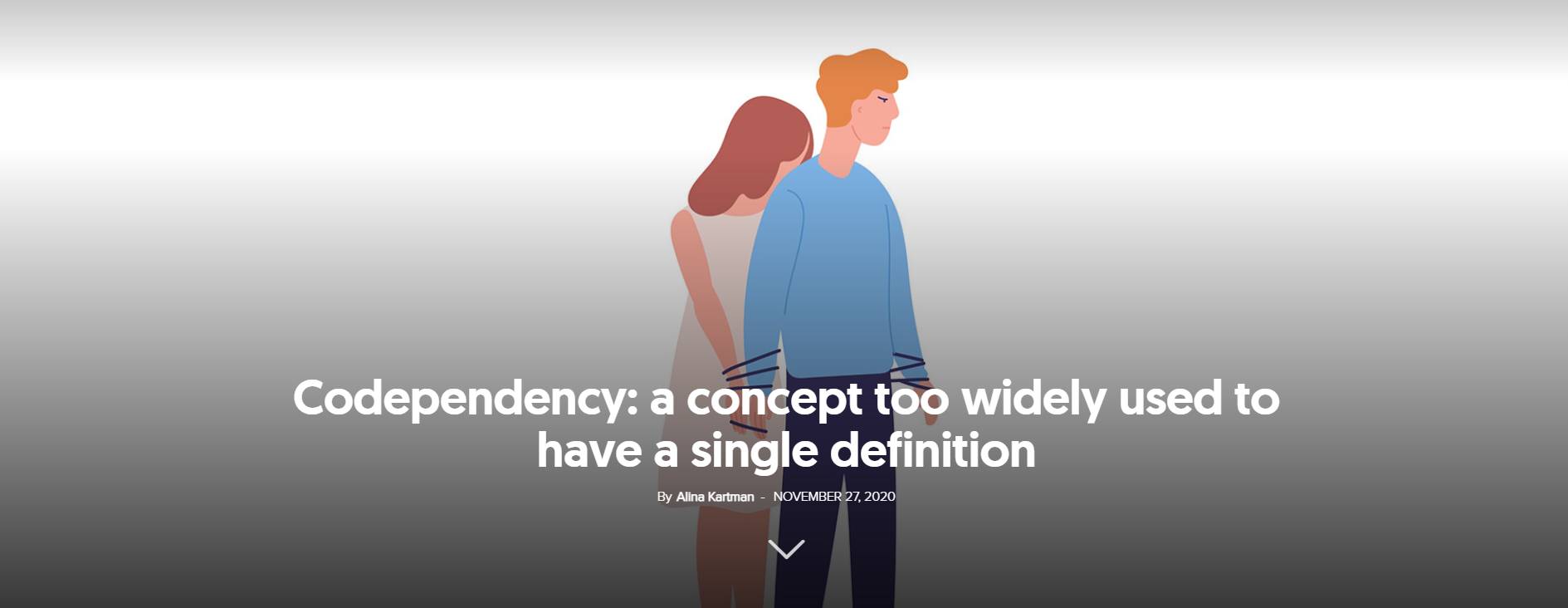How should addictions be understood? Addiction is usually regarded as a failure of the will, or as a sickness. Lately, the tendency is for the younger, educated generation to embrace the second answer. The idea that addiction is a failure of the will, a sin, from a Christian perspective, is seen as outdated.
What is important is that both answers can lead to a faulty response to addictions and the people affected by them. On the one hand, those who exclusively adhere to the idea that addiction is a sickness can reach the deterministic conclusion that people who are addicted to certain substances or harmful behaviours are mere victims of the circumstances that surpass their abilities. On the other hand, those who only look at addiction through the lens of sin can adopt another extreme position, that of excessively blaming the person who is facing addiction and developing a perfectionistic view which generates condemnatory, radical attitudes, lacking empathy for such a person.
In the attempt to find a balanced answer, Christians must revise the old theological dilemma related to human willpower and freewill. If human willpower is neutral, free to follow good or evil, as Pelagian theology states, then the person suffering from any form of addiction is responsible for the situation they’re in. However, today—as it has already been pointed out—we tend to believe something different, and this contemporary attitude is a direct critique of Pelagianism.
Arminianism, on the other hands, helps us look at the problem of addiction in a more balanced way. Arminius understood from Scripture that human beings are not the victims of any kind of determinism, contrary to Calvin’s beliefs. However, at the same time, Arminius understood that original sin has a disastrous effect on our free will; it was practically lost.
Arminius found a solution in what he calls “prevenient grace.” Arminius argued that the human being is utterly fallen, and that it is only by God’s grace that free will is regained by human beings. This is the only way someone can decide to freely oppose sin. This grace, however, is not irresistible. Humans can oppose it and can decide to turn down God’s help.
A way of thinking shaped by Arminius’ theology can help us understand addictions in a balanced way. Such thinking will argue that self-focus and excessive self-confidence in and of themselves are not part of the solution but are part of the essence of an addicts’ problem. It will admit to the human fallen condition and to their helplessness to change in their own strength. Arminian protestant theology takes sin seriously, but takes grace even more seriously. Similarly, a healthy attitude towards addiction takes addiction seriously, but takes the possibility of controlling it even more seriously. In other words, though we admit to our human weaknesses and the need for continuous change, we know that this weakness can be successfully countered, as often as necessary, with help received from outside ourselves.
Here it is important to point out that, as several studies have shown, faith in God and religiosity prevent the occurrence of addictions and help people wanting to give up an addiction.
This is an extra parallel to the idea of prevenient grace expressed by Arminius. Grace—that is, God’s intervention—precedes, inspires, motivates, and ensures human change.
Following the same model of Arminius’ theology, according to which salvation can always be lost by a wrong choice, in the case of addictions we must emphasize the continuing danger of backsliding (it is no coincidence that alcoholics who enter the 12-step program of Alcoholics Anonymous, learn they will remain alcoholics for the rest of their lives).
There is a passage in the Bible that speaks of the problem of sin in terms that are relevant for understanding it as an addiction:
“We know that the law is spiritual; but I am unspiritual, sold as a slave to sin. I do not understand what I do. For what I want to do I do not do, but what I hate I do. And if I do what I do not want to do, I agree that the law is good. As it is, it is no longer I myself who do it, but it is sin living in me. For I know that good itself does not dwell in me, that is, in my sinful nature. For I have the desire to do what is good, but I cannot carry it out. For I do not do the good I want to do, but the evil I do not want to do—this I keep on doing. Now if I do what I do not want to do, it is no longer I who do it, but it is sin living in me that does it. So I find this law at work: Although I want to do good, evil is right there with me. For in my inner being I delight in God’s law; but I see another law at work in me, waging war against the law of my mind and making me a prisoner of the law of sin at work within me. What a wretched man I am! Who will rescue me from this body that is subject to death? Thanks be to God, who delivers me through Jesus Christ our Lord! So then, I myself in my mind am a slave to God’s law, but in my sinful nature a slave to the law of sin” (Romans 7:14-25).
In Paul’s words, sin itself is the bedrock of the most dangerous addiction there ever was. We are born into sin, we inherit it from others, we contribute to its development even when we do not realize it, we fall so easily into addictive, sin-induced behaviours, and we cannot easily change. Both sin and addiction create a spiral that is hard to escape. However, the good news is that there is a power greater than us that can lift us up and truly transform us.
This is the conclusion of historical theology teacher, Linda Mercadante, at the end of her analysis regarding the relationship between sin and addiction.[1] “We can legitimately expect more of life, even though we will battle sin continually. Whether it is addiction or any other type of human dysfunction, the results are alienation, lack of human flourishing, and self-loss. To recover takes divine grace, and this route promises restoration to the human fullness for which everyone longs.”[2]
Norel Iacob is Editor in Chief of ST Network and Semnele timpului.



















